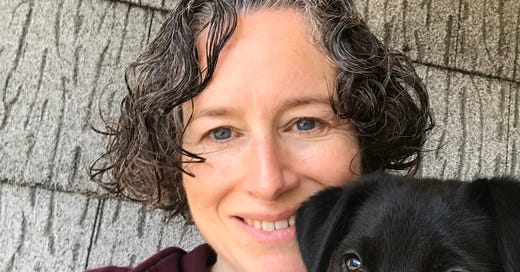Dear friends,
In this newsletter you will find no links to stuff to buy for your loved ones, not even books. I have no tips for surviving holiday dinners with relatives, no recommendations for self-care or seasonal fun with kids. There will be no top-ten list.
That’s not what you come to me for. Maybe you came here first via your interest in Shirley Jacks…
Keep reading with a 7-day free trial
Subscribe to Ghost Stories to keep reading this post and get 7 days of free access to the full post archives.



